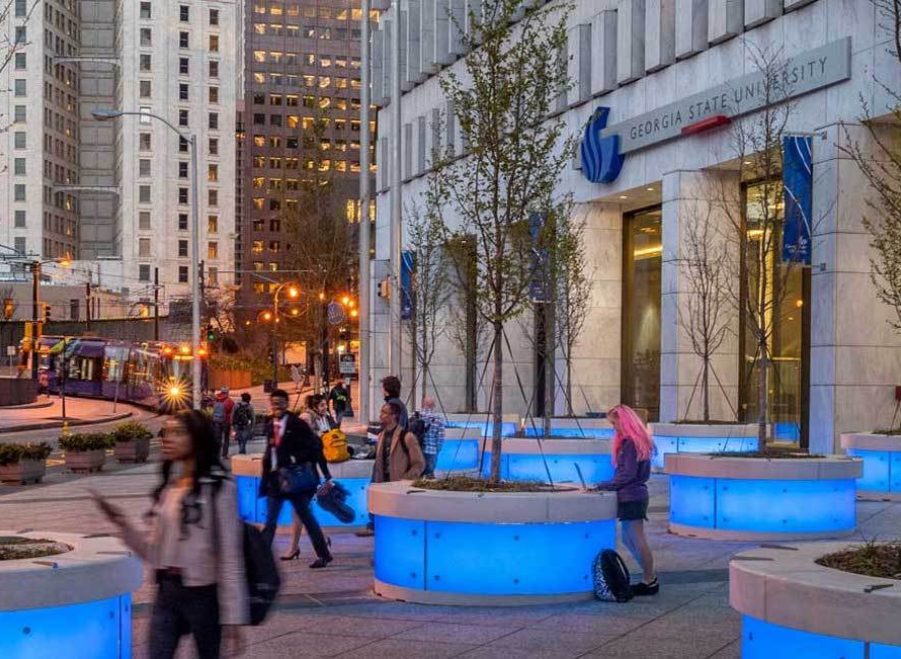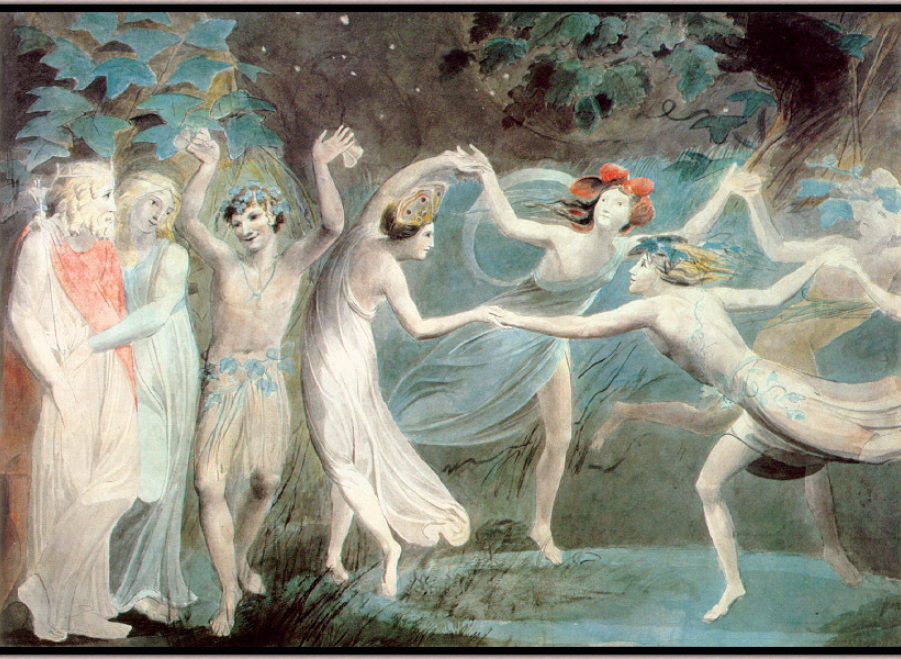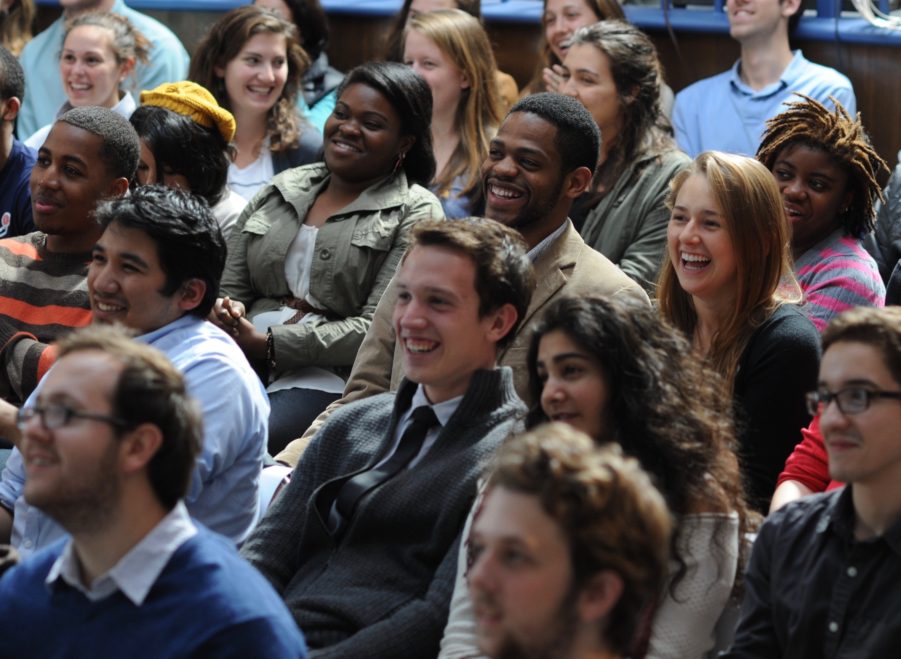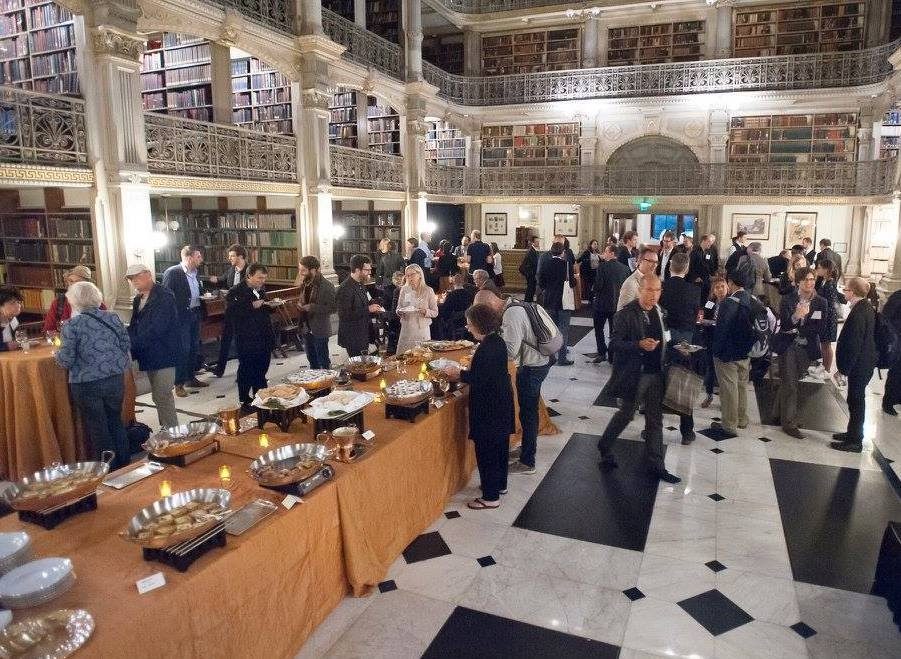Creating a Space for the Humanities
In the "Creating a Space for the Humanities" series, we will feature essays written by leaders from around the CHCI Network about the challenges and opportunities of starting a humanities center. Each essay provides a different institutional perspective from the leader of a recently created center or institute. We hope that these initial essays will encourage other members to contribute reflections on their own experiences. In time, this collection will help humanities leaders around the world organize campus and community resources not only to form new centers and institutes, but also to enrich programming across the CHCI network.

Creating a Space for the Humanities: The Humanities Research Center at Georgia State University
Denise Z. Davidson, Professor of History and founding director of the Humanities Research Center at Georgia State University, reflects on the experience of starting a humanities center and its early impact on the campus and community.

The Humanities Plural
Why are there several humanities and not just one? In this address, Celeste Langan, Professor of English at the University of California, Berkeley, considers the nature of plurality in the study of humanity and, among the vagaries of multiplicity, the compelling opportunities created by congregating at a center.

Creating a Space for the Humanities: Colby Center for the Arts and Humanities
Kerill O'Neill–CHCI International Advisory Board Members, Julian D. Taylor Professor of Classics, and Founding Director of the Colby Center for the Arts and Humanities–describes the interdisciplinary, cross-campus, and community-engaged activities taking place at Colby College.

Creating a Space for the Humanities: The Alexander Grass Humanities Institute at Johns Hopkins University
William Egginton, Decker Professor in the Humanities, reflects on the opening of the Alexander Grass Humanities Institute at Johns Hopkins University and its contributions to students, faculty, and community programming at a STEM-oriented campus.